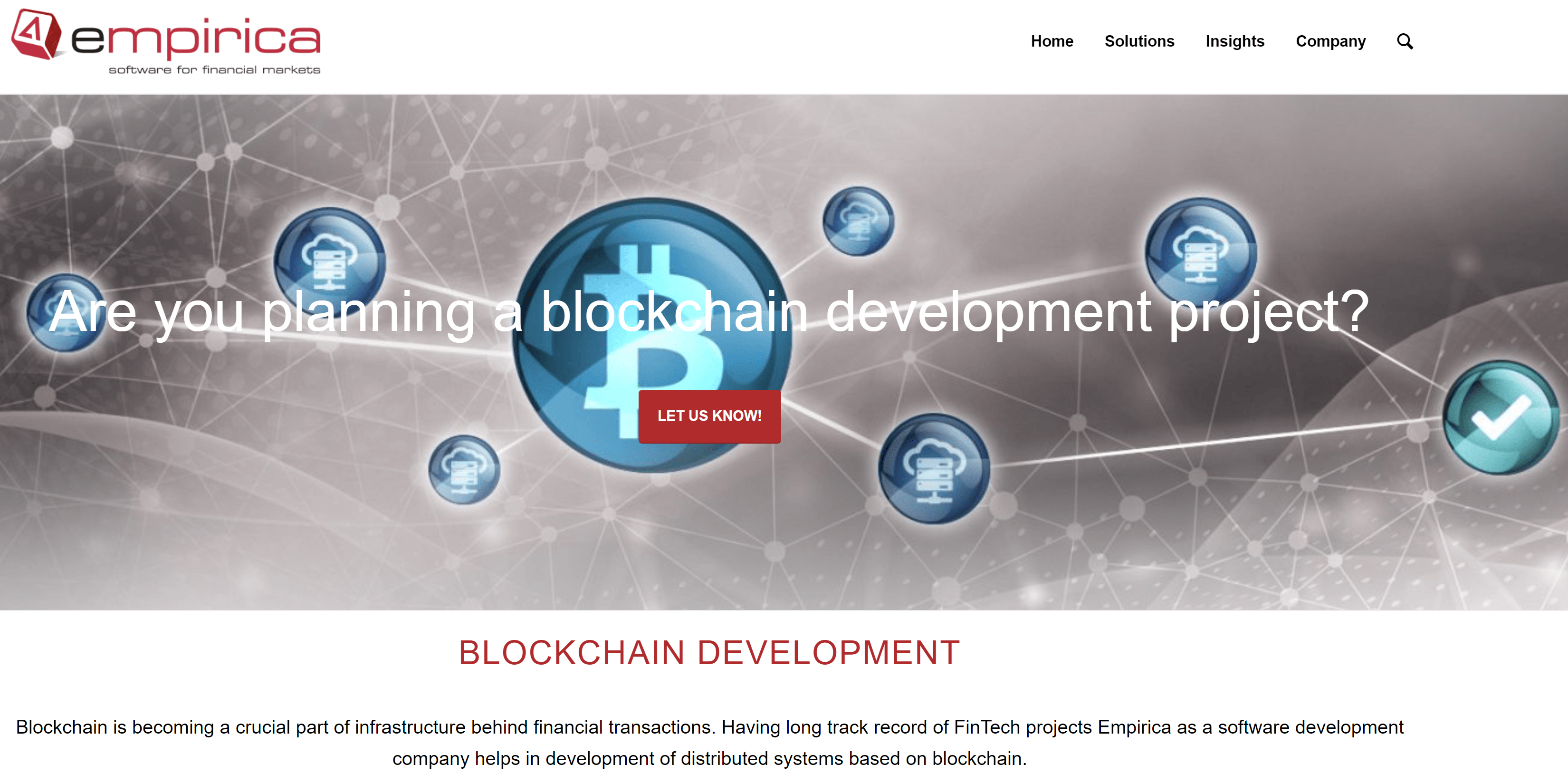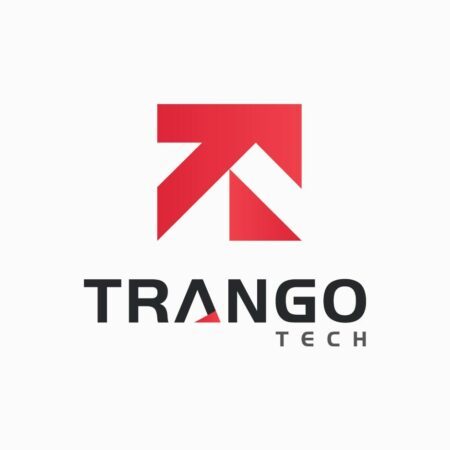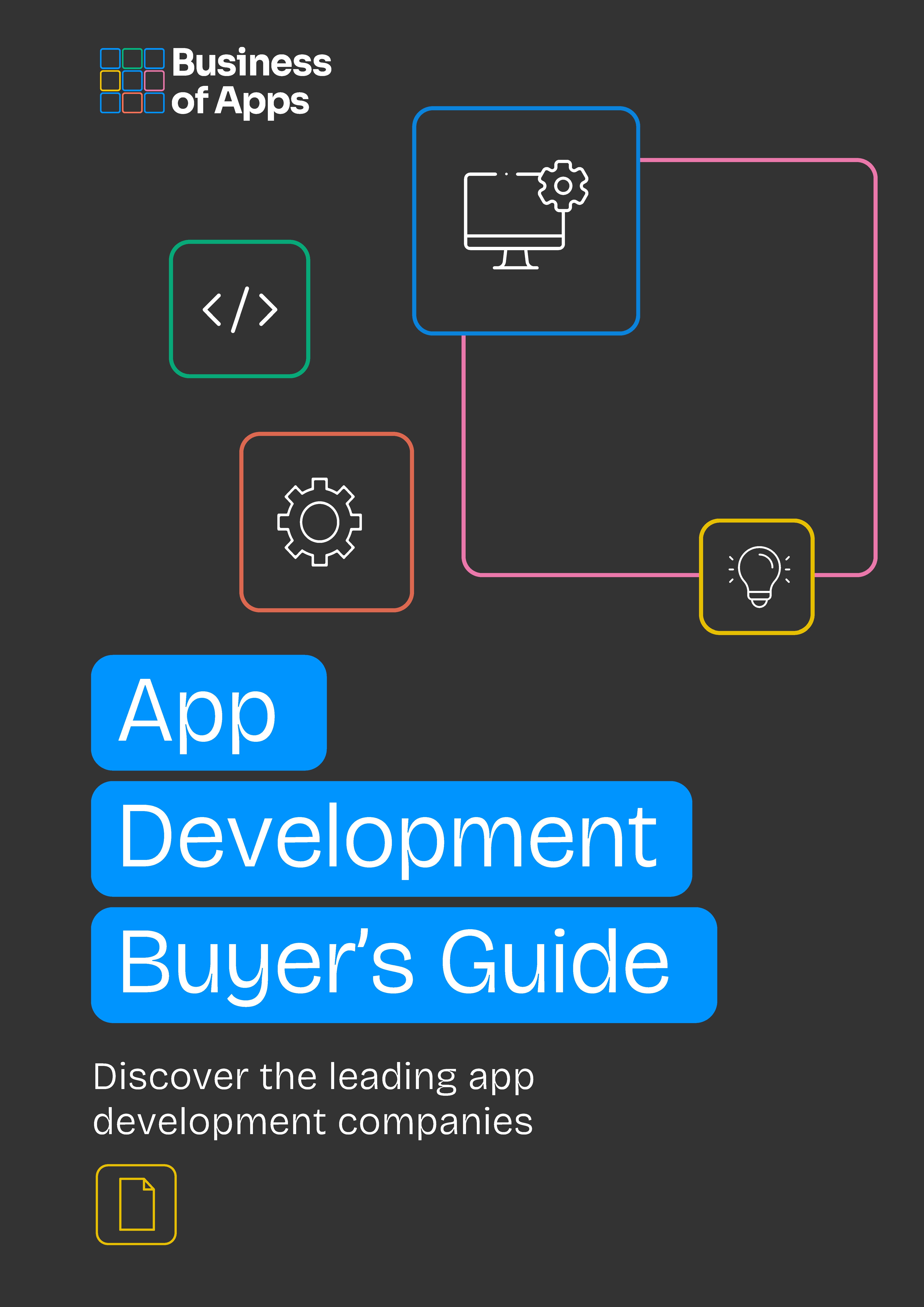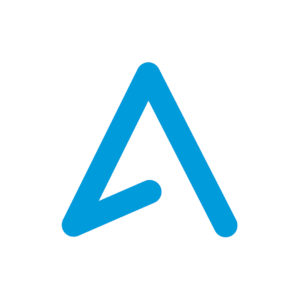This guide will walk you through what a blockchain developer is, how they work, and how you can benefit from using them.
A blockchain app developer is a software developer who specializes in creating decentralized apps using the power of blockchain technology.
The process involves building and deploying smart contracts on a blockchain platform, such as Ethereum or EOS, and developing user interfaces that interact with the blockchain.
App developers must have a solid understanding of blockchain principles and programming languages like Solidity and JavaScript to succeed in the role.
You can find the best blockchain developers in our directory below.
What is a blockchain developer?
Blockchain is a decentralized digital ledger that records transactions on multiple computers both securely and transparently–it was originally created for the digital currency Bitcoin, but many other industries have since adopted it.
A blockchain app developer itself is a software developer who specializes in creating decentralized apps using this technology.
Blockchain app developer example
 Source: Intellectsoft
Source: Intellectsoft
Mobile apps are increasingly using blockchain technology to create new business models and improve the security of their services.
App Development Buyer's Guide
Download our App Development Buyer’s Guide to get a full list of the best service providers on the market to choose from. You will also learn about types of app developers, different app development platforms, app developer locations, app development costs, how to select the right one for your business, as well as the questions to ask any of those companies you will be evaluating.
What are the benefits of hiring blockchain app developers?
Hiring blockchain app developers can bring numerous benefits to your app business, including decentralization, scalability, security, fraud reduction, and increased app efficiency, as well as being cost-effective too.
We’ve detailed the key benefits below.
Decentralization
With decentralized blockchain technology, you can store data securely and transparently without relying on a central authority.
Scalability
By leveraging blockchain technology, you can improve the scalability of apps significantly.
For instance, the faster and more efficient processing of transactions will boost an app’s overall scalability.
Additionally, blockchain technology enables the use of smart contracts, which are self-executing contracts that can automate various business processes, reducing the need for manual intervention.
Security
Security is one of the most significant benefits of blockchain technology.
Blockchain networks use advanced cryptographic techniques to secure data and transactions, making it nearly impossible for attackers to tamper with app data or steal sensitive information.
Blockchain app developer example
 Source: Appinventiv
Source: Appinventiv
Reduce fraud
Blockchain technology can be a powerful tool in reducing app fraud.
The decentralized and transparent nature of blockchain networks makes it difficult for fraudsters to manipulate data or transactions, as all transactions are recorded and verified by multiple nodes in the network.
Increase app efficiency
Blockchain technology has the potential to significantly improve the efficiency of apps across various industries.
The decentralized (and distributed) nature of blockchain networks can enable faster and more efficient processing of transactions, reducing the need for intermediaries and speeding up business processes.
Cost-effective
By eliminating intermediaries, such as banks or payment processors, blockchain technology can reduce transaction fees and processing costs, making it a more cost-effective solution for businesses.
How much does blockchain app development cost?
It varies greatly. The factors that impact blockchain development costs depend on the nature and complexity of the project, the specific industry, the type of blockchain app required, and the use of third-party tools and integrations.
We’ve detailed each for you below.
Complexity of the app
The complexity of an app can vary depending on several factors, such as the number of features it offers, the size of the development team, the technology stack used, and the overall scope of the project.
Developing a complex app requires a lot of planning, coordination, and effort to ensure that all the components work seamlessly together.
The specific industry
The specific industry that an app is developed for can impact its complexity. For example, some industries, such as healthcare or finance, often require apps to adhere to strict regulations and guidelines, which can add an extra layer of complexity to the development process.
Other industries, such as gaming or social media, may require more focus on the user interface and user experience to ensure that the app is engaging and intuitive.
Blockchain app developer example
 Source: Empirica
Source: Empirica
The type of blockchain app required
There are several types of blockchain apps, each with its own unique features and requirements.
For instance, a cryptocurrency wallet app may require complex security protocols to protect users’ digital assets, while a supply chain management app may require integration with existing systems and databases.
Developing a blockchain app requires a deep understanding of blockchain technology and its underlying principles.
Third-party tools and integrations
Many apps require integration with third-party services such as payment gateways, social media platforms, or analytics tools. These integrations often require additional programming and testing to ensure that they work seamlessly with the app’s existing features.
In some cases, third-party tools may require the use of APIs or SDKs, which can add an extra layer of complexity to the development process.
Average costs
Average costs for blockchain app development can be found below:
- Low-complexity apps – ranges between $30,000 and $60,000.
- Moderately complex apps – ranges between $60,000 to $150,000.
- High-complexity apps – ranges between $150,000 and $350,000.
Work with top blockchain app developers
Blockchain technology is revolutionizing many industries and has the potential to disrupt traditional business models.
By working with experienced app developers, you can ensure that your project gets built using the latest technology and industry best practices.
Blockchain app developers are often able to provide valuable insights and recommendations based on their experience working on similar projects, helping you to avoid common pitfalls and ensure that your project is a success every time.
You can find the best blockchain app developers below.










